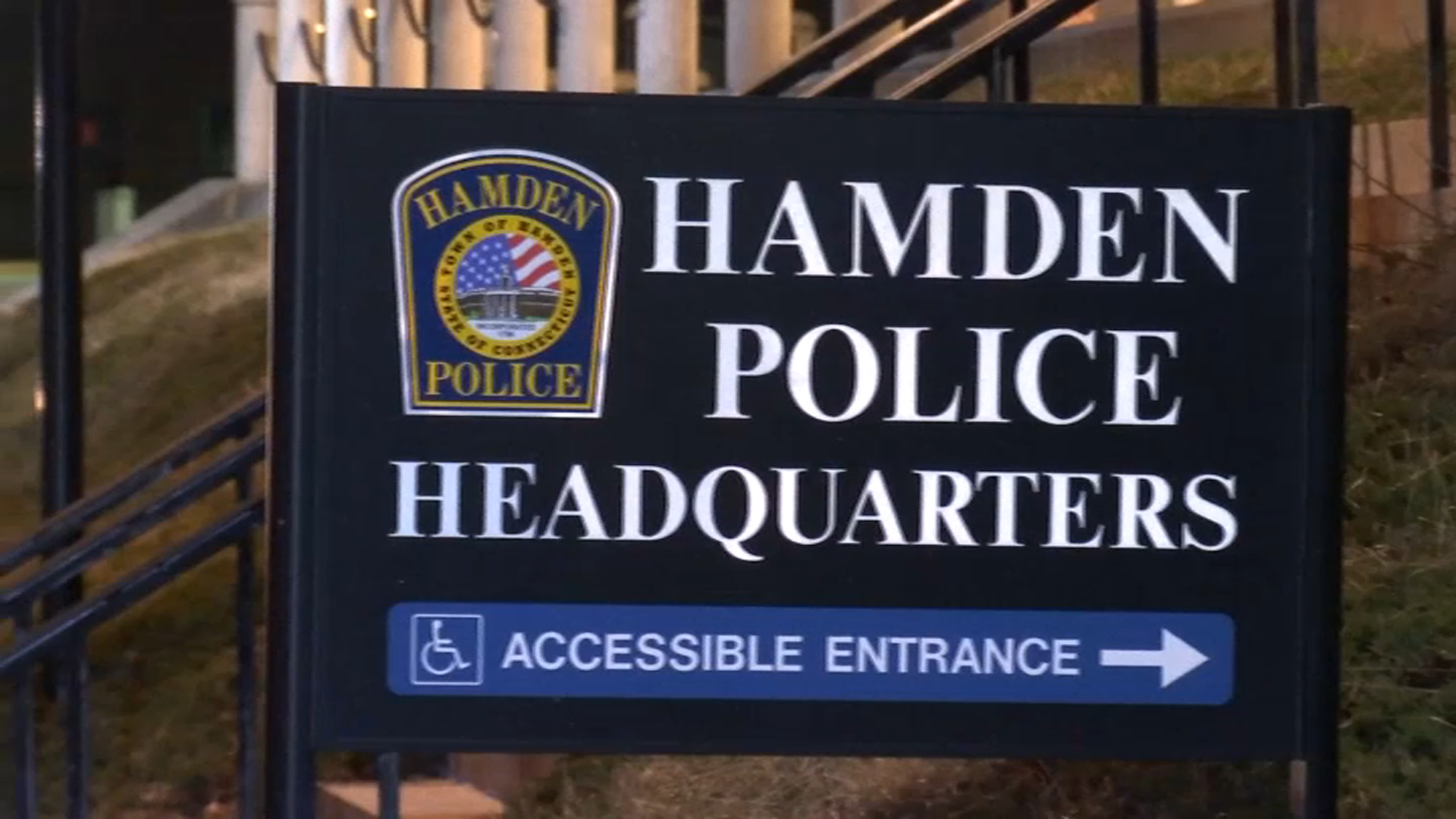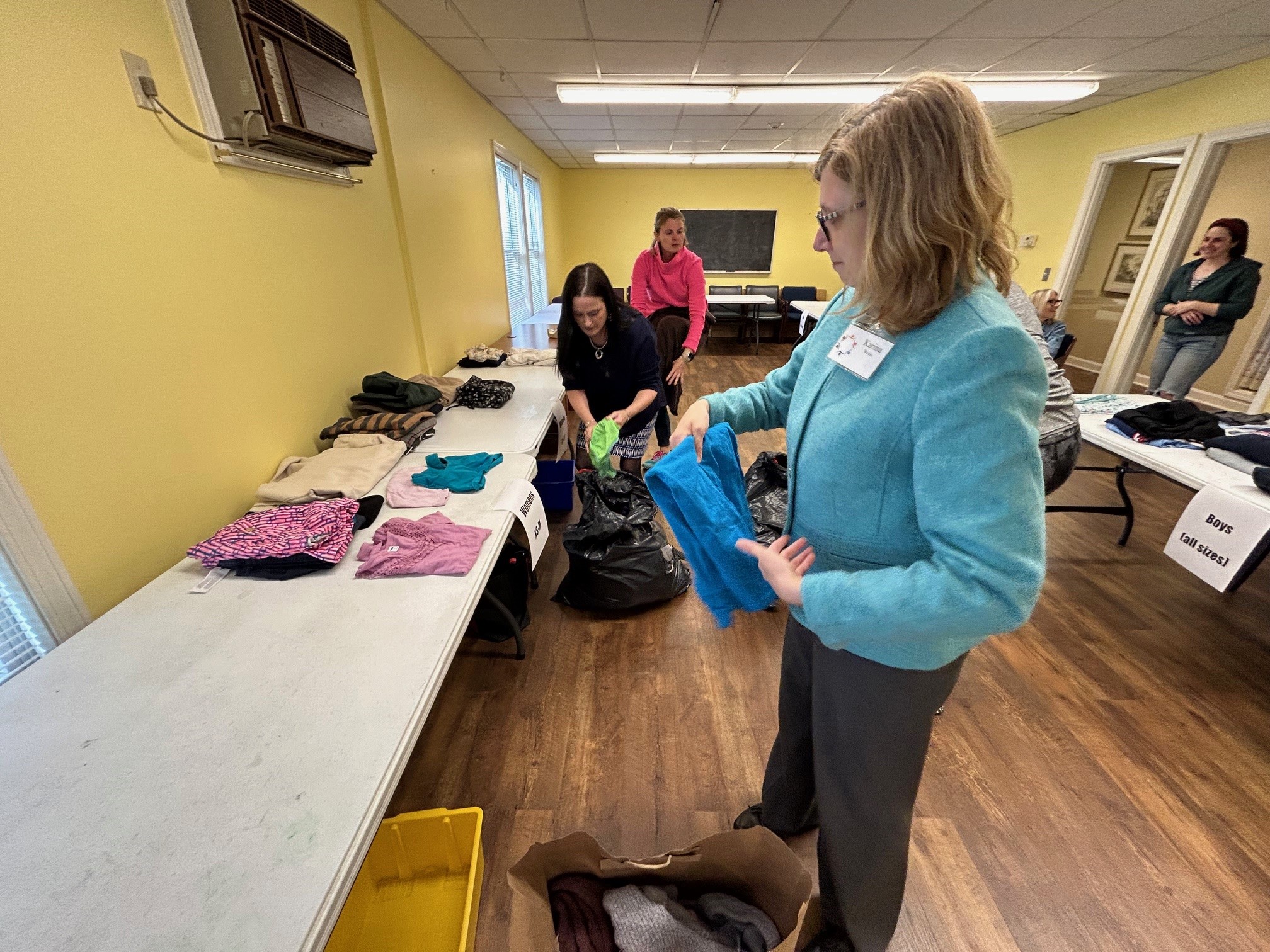When an absentee ballot request form landed in Phil Koboski’s mailbox this week, he didn’t waste any time sending it back.
“I like the idea. I know for myself I’m not very keen on going into a polling place right now,” he said.
Actual ballots for the Republican and Democratic primaries will start going out after July 21 but expect to wait up to a week to receive one after you've returned this form.
“Once you receive your ballot, fill it out, send it back, because the only ballots that will be counted are those that we receive by eight o’clock on Tuesday evening,” said Sue Larsen, the Democratic Registrar of Voters for South Windsor.
Just because you request an absentee ballot doesn’t mean you have to use it. You can still make a day-of decision to go to the polls.
“You can just rip up the ballot, throw it away,” said Larsen, who also serves as president of the Registrar of Voters Association.
Larsen said even if you do send your ballot in, you can still change your mind and vote in person.
Local
“They want to go to the polls? They have until 10 a.m. on August 11 to change their mind and they do that by going to the town clerk and saying please remove my absentee ballot,” she explained.
Click on the video below to learn about the process used to count absentee ballots.
Voter Turnout
Connecticut has never combined a presidential and state primary before. Denise Merrill, Connecticut secretary of the state, said typically only five to eight percent of Connecticut voters vote by absentee ballot.
"Our people like going to the polls. I'm not sure that's going to change," said Merrill.
She pointed out that the Aug. 11 primary will be one of the last presidential primaries in the country.
"It's kind of a settled question. On the other hand, I've never seen people so fired up," she said.
Protecting the Process
Expanding who can vote absentee has brought up concerns of voter fraud. Critics argue that it's easier to disenfranchise a voter who votes absentee but might make an error on either the ballot or how they return it.
“The challenge we see in absentee ballots is two-fold. One, it deals with the integrity of the election and another unintended consequence could be disenfranchising voters because of the complexity and the rules that go into whether a ballot is counted or not,” said Rep. Mike France (R) of Ledyard.
France, who sits on the state legislature’s Government Administration and Elections committee, said there are nearly a dozen different reasons an absentee ballot can be thrown out.
“If you don’t submit the ballots in both envelopes, it’s a two-envelope system, you only submit it in one, it’s also not counted,” France pointed out. “Unfortunately, there’s no feedback loop to voters to let them know of their error so they may be repeating that error multiple times through multiple elections.”
Governor Ned Lamont’s executive order allowing the expanded use of the absentee ballots in the primary expires in September.
The state legislature is planning to tackle the issue of expanded mail-in voting for November’s general election during a special session later this month.
"The general consensus is being supportive of expanding the opportunity to vote but ensuring the integrity of that vote,” France added.
The League of Women Voters isn’t waiting for state lawmakers to act; they’ve joined a lawsuit filed in federal court calling for the expansion of mail-in voting in November.
"We already have an overwhelmingly safe and secure absentee ballot process so just by opening it up to more voters I don't believe opens it up to more fraud,” said President Carol Reimers.
Koboski said he won’t feel comfortable voting in-person again until there is a vaccine for the coronavirus.
“I think there’s a risk in any way you vote so I think for myself I had no issues with submitting mine that way,” he said.
Polling Place Changes
Kevin Pelczar also received an absentee ballot in the mail but said he still plans to vote in person.
“I feel comfortable enough. If everybody whose practicing social distancing has the mask on, I have no problem,” he said.
His in-person voting experience will be different than past elections, but similar to any other public place he might have visited during the pandemic: face coverings, hand sanitizer and social distancing will be used.
"The checkers will have plexiglass in front of them," said Larsen. "The privacy booths will be cleaned after every voter."
The place he casts his ballot may change, too, since smaller spaces can't be used. South Windsor usually has five locations, now they only have three due to one school being demolished and another being too small to socially distance properly inside.
"Every town's going to have polling locations open but it may not be exactly the way it's going to be for the November election," she said.
Many retirees who typically enjoy working elections are electing to stay home due to coronavirus concerns.
"Those that don't want to work are saying 'I don't even want to take the chance, I'm too risky or my spouse is too vulnerable,'" Larsen explained.
Larsen said towns are tapping high school students and those out of work for these paid positions. She said election officials are thinking outside the box to keep the primary safe, but there’s a bigger issue on the horizon.
“We'll have to rethink everything with the presidential ]primary] cause that's when you're going to get probably most towns and cities are looking at 80 to 90% of their population voting,” she said.



